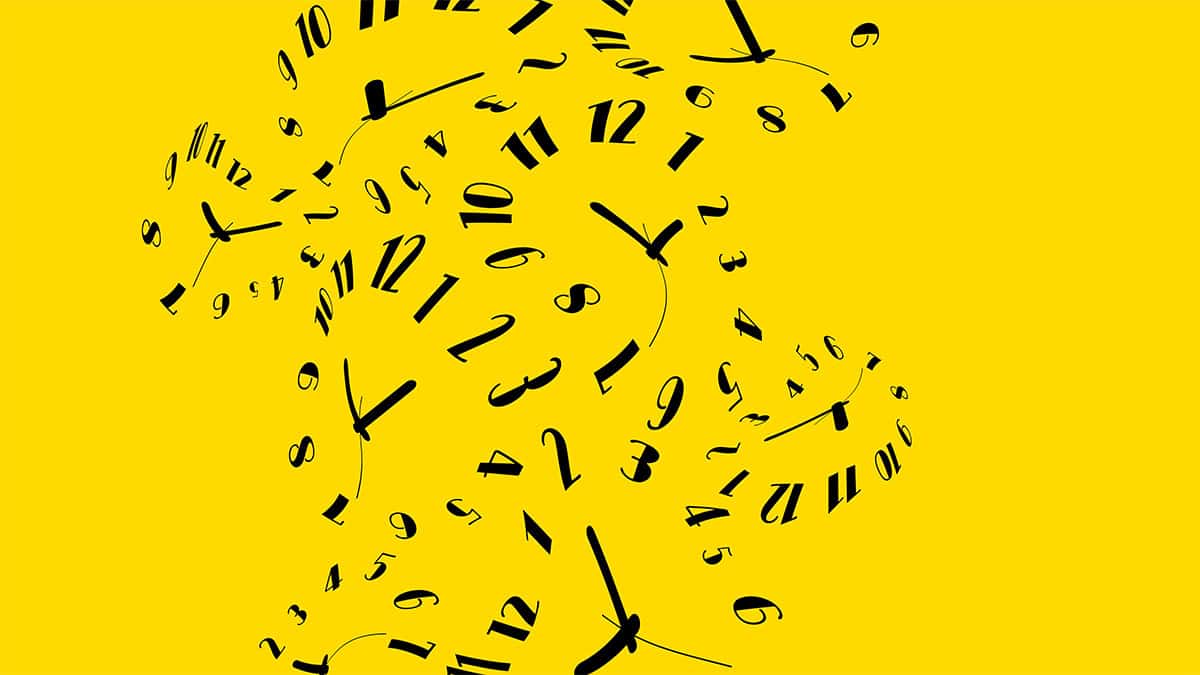Physicsworld
3w
401

Image Credit: Physicsworld
Confused by the twin paradox? Maybe philosophy can help
- Physicists and philosophers often misunderstand each other's field of study, as this fascinating history of the twin paradox demonstrates. The idea was introduced by Einstein in 1905 and Zeno in ancient Greece and refers to the illusion of time dilation which looks at how each person's perception of time is different relative to one another. French philosopher Bergson had a theory of time that differed to the experts in physics of the day, and Einstein was dismissive of it at a talk at the Paris Philosophical Society in 1922. A new book by a scientist and two philosophers called The Blind Spot acknowledges both views as valuable.
- The Blind Spot's authors explain that time cannot be made of abstract instants stuck together, humans live in a temporal flow that French philosopher Bergson called "duration", as being experienced by an individual, but it cannot be measured. Many philosophers have demonstrated that scientific activity arises from and depends on something like duration. What The Blind Spot bring to the table is to use philosophical arguments to show how specific problems arise in science when the role of experience is overlooked.
- Einstein and Marcello Gleiser's twin paradox was observed properly when Russians deployed an atomic clock into orbit for an extended period. When the clock returned to Earth, it recorded a different time than an atomic clock that stayed on the surface because of time dilation on the wristwatch of the orbiting astronaut, whose time proceeded slower because they were moving faster.
- Bergson's theory of time, which depends on duration, was more complicated that Einstein's, explaining that but some criticise it due to its reliance on the idea that time is one continuous flow. The Blind Spot shows how science arises from, and depends on, experiences nobody can directly measure, and that even simple questions about the fate of the universe or the age of the earth have no absolute answer outside of the estimated measurements we take.
- The role of experience in science is a continuing source of confusion for many scientists who do not necessarily consider the subjective perspective in their work. The Blind Spot authors argue that the way we experience the world is fundamental to our understanding of it, complementary to our ability to measure and quantify it through the methods of science.
- The Blind Spot helps us to better understand the twin paradox, which is the effect of time dilation (and time travel) popping up in our everyday life. Einstein's theory entailed that the twins would age differently, but Henri Bergson thought that duration underlies the experience of each twin and neither would experience any dilation of it; neither would experience time as "slowing down" or "speeding up". This new work questions what we define as measured time and time flow, in this regard the Blind Spot is doing something profound in the field of philosophy.
- Perception of time is different for everyone, and our ability to measure changes with space-time, so what is time? The Blind Spot suggests that the relationship between experience and science can be more symbiotic and less antagonistic, a relationship that is, in fact, essential to the progress of both fields.
- The Blind Spot flips the script on most science texts, by focusing on the unsayable aspects of science, that are foundational to such knowledge production. It's a refreshing and thought-provoking take on what we consider to be the purview of science, and what we believe to be part of the unspoken or unexplainable aspects of human experience.
- The Blind Spot is a fascinating read that not only illuminates a bit of the history of science, but it does so in a very accessible way.
- The authors of this book help us to understand that science cannot be fully understood, and that crucial aspects of its conceptual development involve the experiential or phenomenal that stretches beyond what can be measured or objectified.
- Theoretical astrophysicist Adam Frank, is joined by philosopher Evan Thompson and physicist Marcelo Gleiser in the Blind Spot, a book that uses philosophical arguments to show how specific paradoxes and problems arise in science when the role of experience is overlooked.
Read Full Article
24 Likes
For uninterrupted reading, download the app